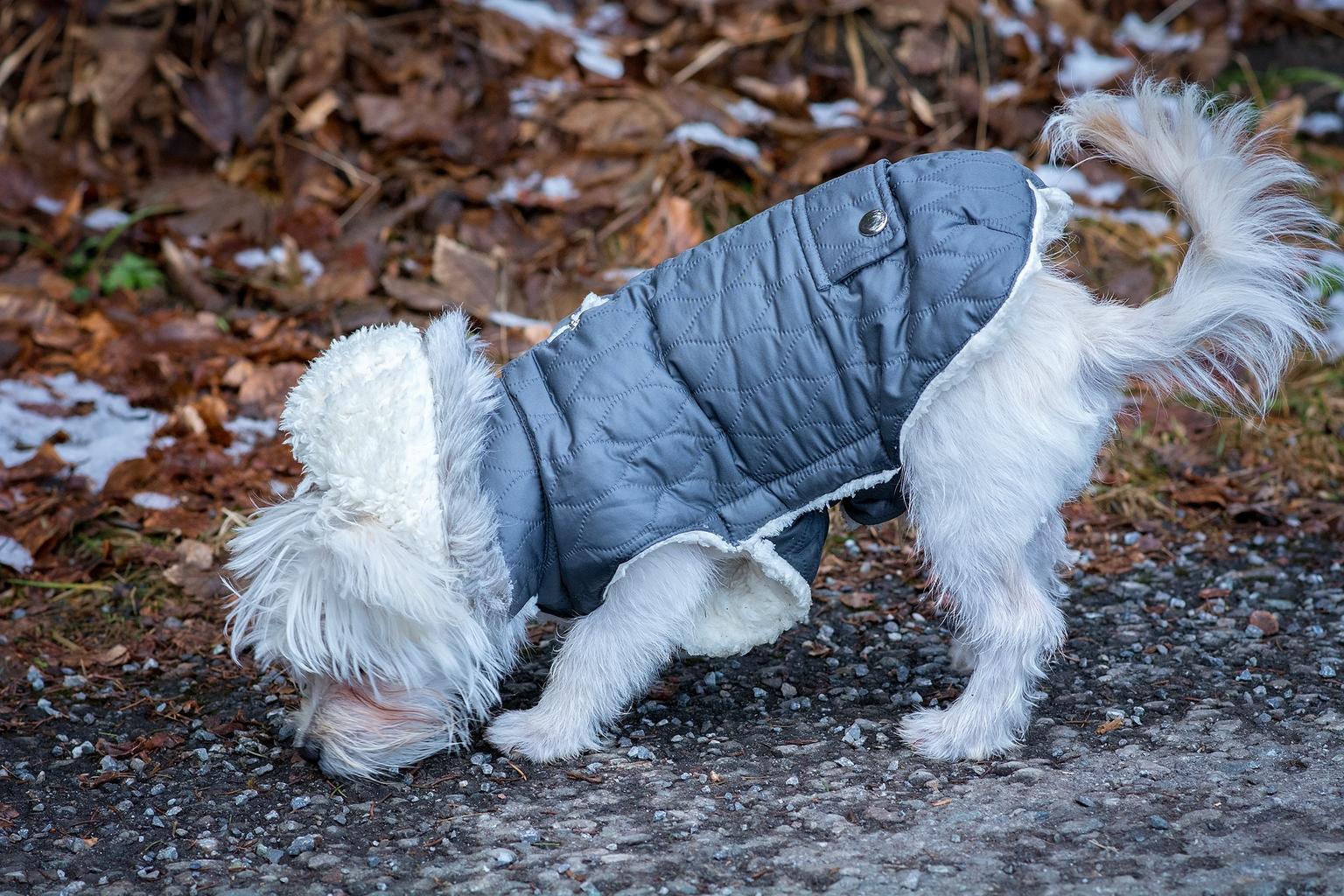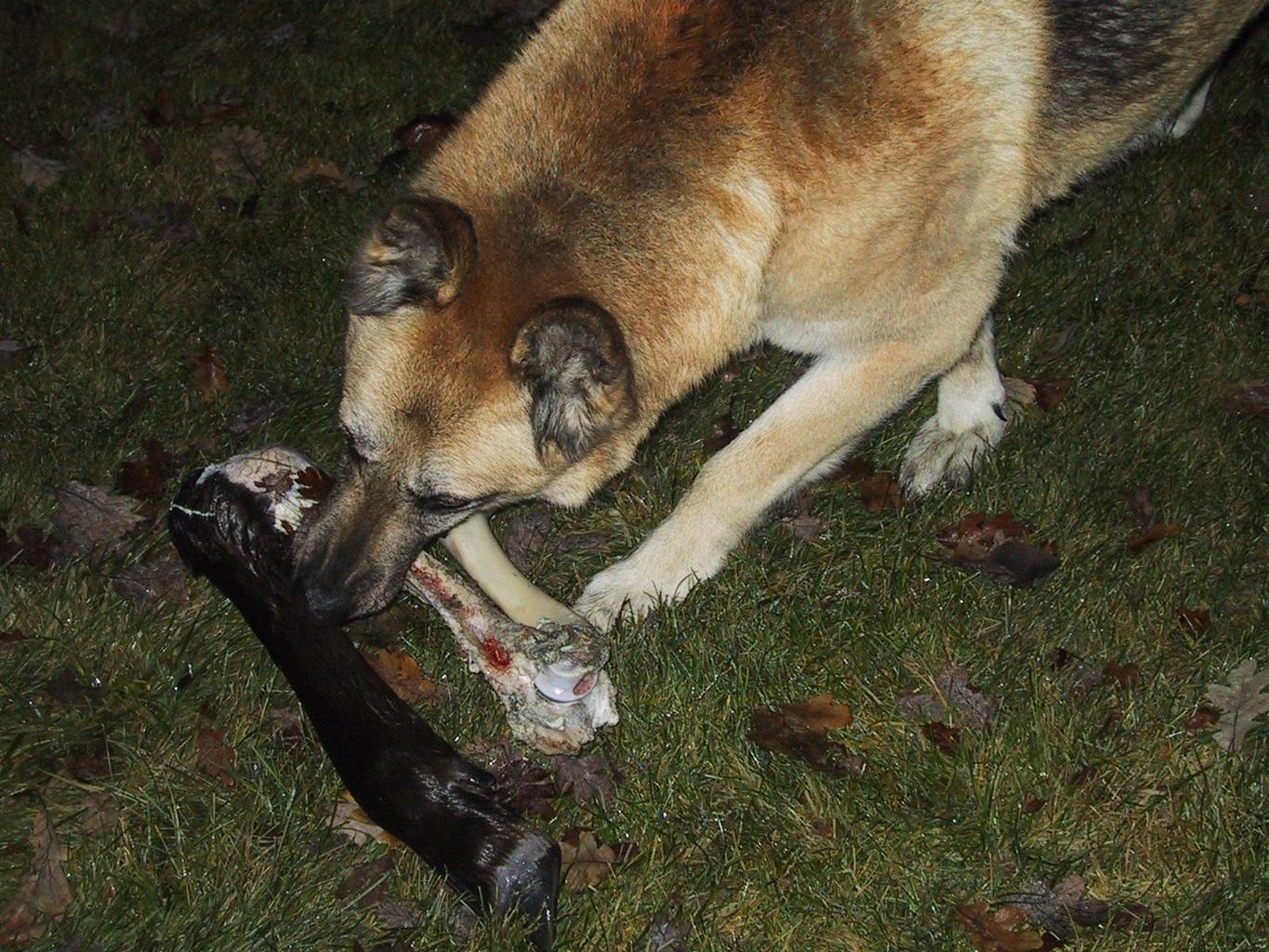Puppies are undoubtedly the cutest and most adorable creatures on the planet. However, they can also be quite the handful. One of the most common issues that new puppy owners face is dealing with parasite problems. Fear not, as we’ve got you covered! With the right knowledge and tools, you can eliminate those pesky parasites with ease.
Pup’s Parasites? No Sweat!
The first step in dealing with parasites is knowing what you’re dealing with. The most common types of parasites that affect puppies are worms and fleas. Worms are internal parasites that live in the intestinal tract and can cause a range of health issues, including diarrhea, vomiting, and weight loss. Fleas, on the other hand, are external parasites that feed on the blood of your puppy and can cause itching, irritation, and even anemia if left untreated.
Fortunately, there are a variety of treatments available to eliminate these parasites. For worms, your vet will likely prescribe a deworming medication that will kill any worms present in your pup’s system. Fleas can be treated with a variety of products, including flea shampoos, sprays, and topical treatments. Your vet can recommend the best course of action based on the severity of the infestation.
Eliminate Worms & Fleas with Ease
Prevention is always better than cure, so it’s important to take steps to prevent parasites in the first place. Flea and tick collars, as well as monthly flea and tick treatments, can prevent fleas and ticks from infesting your puppy. Regular grooming and cleaning of your pup’s bedding and living areas can also help prevent infestations.
If you do notice signs of parasites in your pup, it’s important to act quickly. Parasites can cause serious health issues if left untreated, so don’t wait to seek help from your vet. With the right treatment and prevention measures, you can keep your puppy happy and healthy.
Dealing with parasites can be a hassle, but it’s a small price to pay for the joy and love that puppies bring into our lives. Remember to stay vigilant, take preventative measures, and seek help from your vet if you notice any signs of parasites in your pup. With a little effort and care, you can keep your furry friend healthy and happy for years to come.








